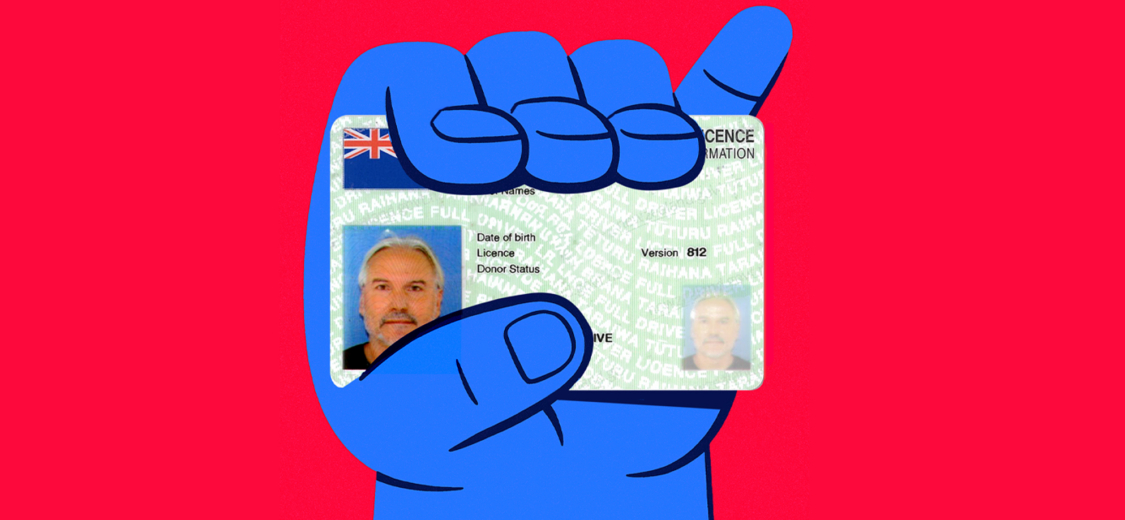
What makes you different?
Do you actually know, or do you just think you do?
We see this constantly. Products that are effectively the same. Services that look interchangeable. Businesses convincing themselves that difference is impossible, or unnecessary, or that it will all come down to price anyway…
Do you actually know, or do you just think you do?
We see this constantly. Products that are effectively the same. Services that look interchangeable. Businesses convincing themselves that difference is impossible, or unnecessary, or that it will all come down to price anyway.
That is not insight. That is surrender.
Most organisations believe they are unique. When asked to explain how, they reach for the same answers : experience, quality, integrity, great people, long-standing relationships… blah, blah, blah. If five companies say the same thing, what exactly separates them? And if nothing separates them, why would anyone choose one over another?
Is your difference observable, or does it require explanation? If it needs explaining, is it really a difference at all?
Humans are wired to belong. Sameness feels safe. It signals credibility. It reduces risk. That instinct does not disappear in leadership teams or boardrooms. It shows up as benchmarking, best practice and the comfort of sounding “about right”. Over time, organisations begin to mirror one another. Language converges. Edges soften. Difference becomes theoretical.
So ask yourself : are you making choices to stand out, or choices to fit in?
Many leaders argue that in their category there is no real difference, that customers only care about price. Yet the moment price becomes the primary decision factor is the moment differentiation has already been abandoned. Price does not erase difference. Lack of clarity does.
If customers truly only chose on price, brands would not exist. Loyalty would not exist. Preference would not exist. They do, because difference does matter when it is real, clear and consistently delivered.
Most claims of uniqueness are reassuring, not differentiating. They are rarely untrue, just non-exclusive. Any competent organisation could make them. Most do. If your competitors can say the same thing with a straight face, what exactly are you claiming ownership of?
What would you lose if you stopped saying those things tomorrow? Would anything actually change?
Real difference shows up in behaviour. In decisions. In trade-offs. When pressure is applied, what do you protect? What do you sacrifice? What do you refuse to compromise on? If your answers do not alter how you operate, they will not alter how you are perceived.
Design does not solve this. Design only reveals it. When difference is clear, design amplifies it. When it is not, design is asked to decorate, distract or disguise. That is not strategy. That is avoidance.
This is the difference between surface expression and design with a difference. One fills space. The other reflects conviction.
So ask the question most organisations avoid. If you removed the language, the values statements and the positioning slides, what would still be true about your business? And would anyone notice?
Because if you cannot answer that clearly, the market will answer it for you. And when brands sound the same, the decision almost always comes down to price.
So again, the question is simple.
What makes you different?
And are you prepared to live with the answer?











